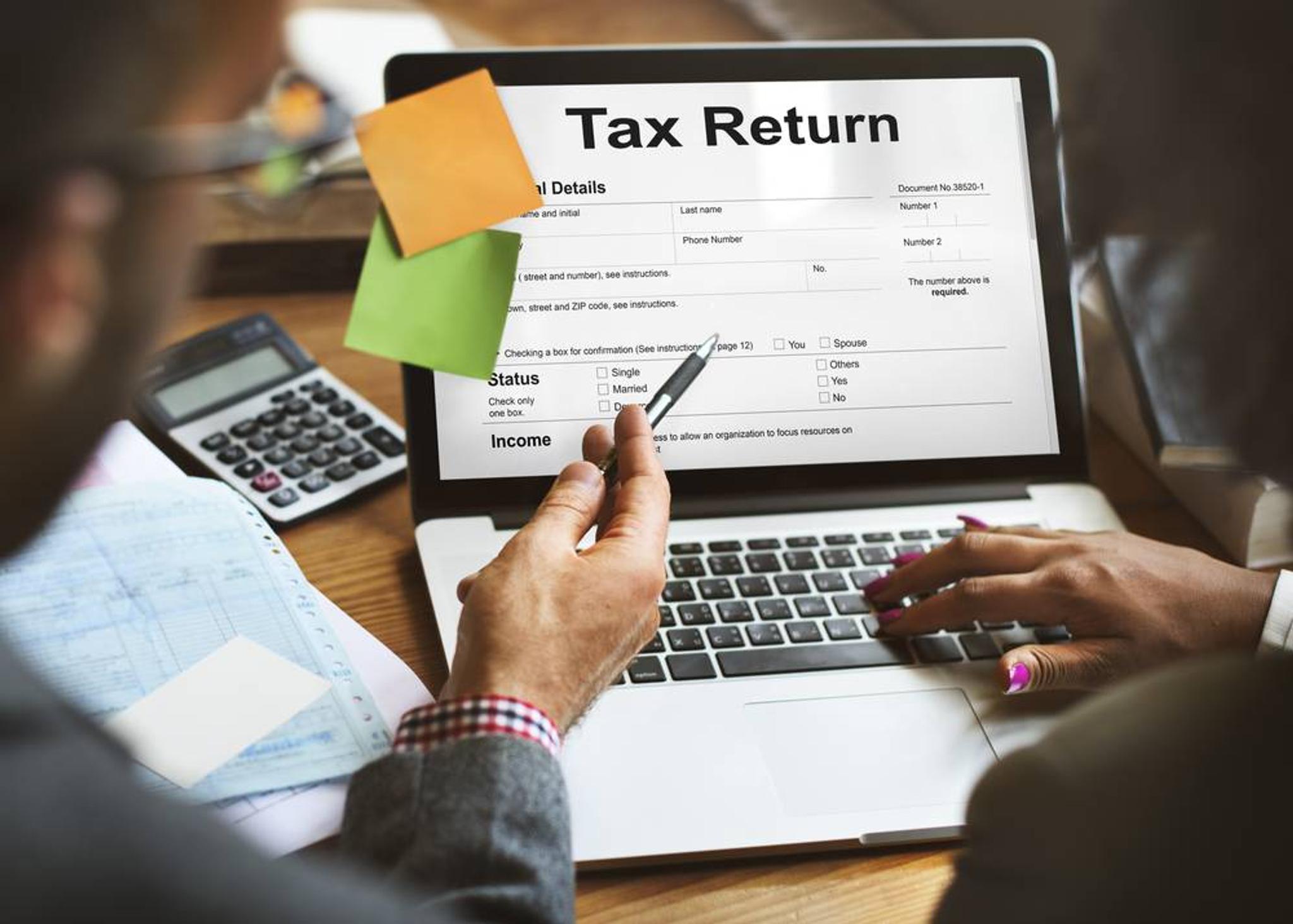
Filing Tax Returns in the Netherlands
- Tax
- Knowledge Hub
- News
In the Netherlands, a tax return (belastingaangifte) is a declaration of your income, expenses, and applicable taxes for a given year. It is required for individuals and businesses to ensure that the correct amount of tax is paid to the Dutch tax authorities (Belastingdienst).

Who Needs to File a Tax Return?
Most residents and expatriates in the Netherlands must file a tax return if they meet certain criteria, such as having taxable income or owning property. Specifically:
- Employees: If your employer does not withhold the correct amount of tax.
- Self-Employed Individuals: If you operate a business and earn income.
- Property Owners: If you own real estate, including rental properties.
Key Deadlines
- Annual Deadline: The standard deadline for filing your tax return is April 30 of the following year.
- Extensions: You can request an extension, usually until September 30, but you must apply for this in advance.
Common Deductions
There are several deductions and credits that can help reduce your taxable income, including:
- Mortgage Interest Deduction: For homeowners, interest paid on a mortgage may be deductible.
- Healthcare Costs: Certain medical expenses can be deducted.
- Educational Expenses: Costs related to further education may also be eligible.
Consequences of Not Filing
Failing to file a tax return can result in penalties, interest on unpaid taxes, and potential legal consequences. It’s essential to stay compliant with your tax obligations to avoid these issues.
Conclusion
Understanding the tax return process in the Netherlands is crucial for residents and expatriates alike. By staying informed about deadlines, filing methods, and available deductions, you can ensure a smooth tax experience. If you have questions or need assistance, consider reaching out to a tax advisor or the Belastingdienst for guidance!


